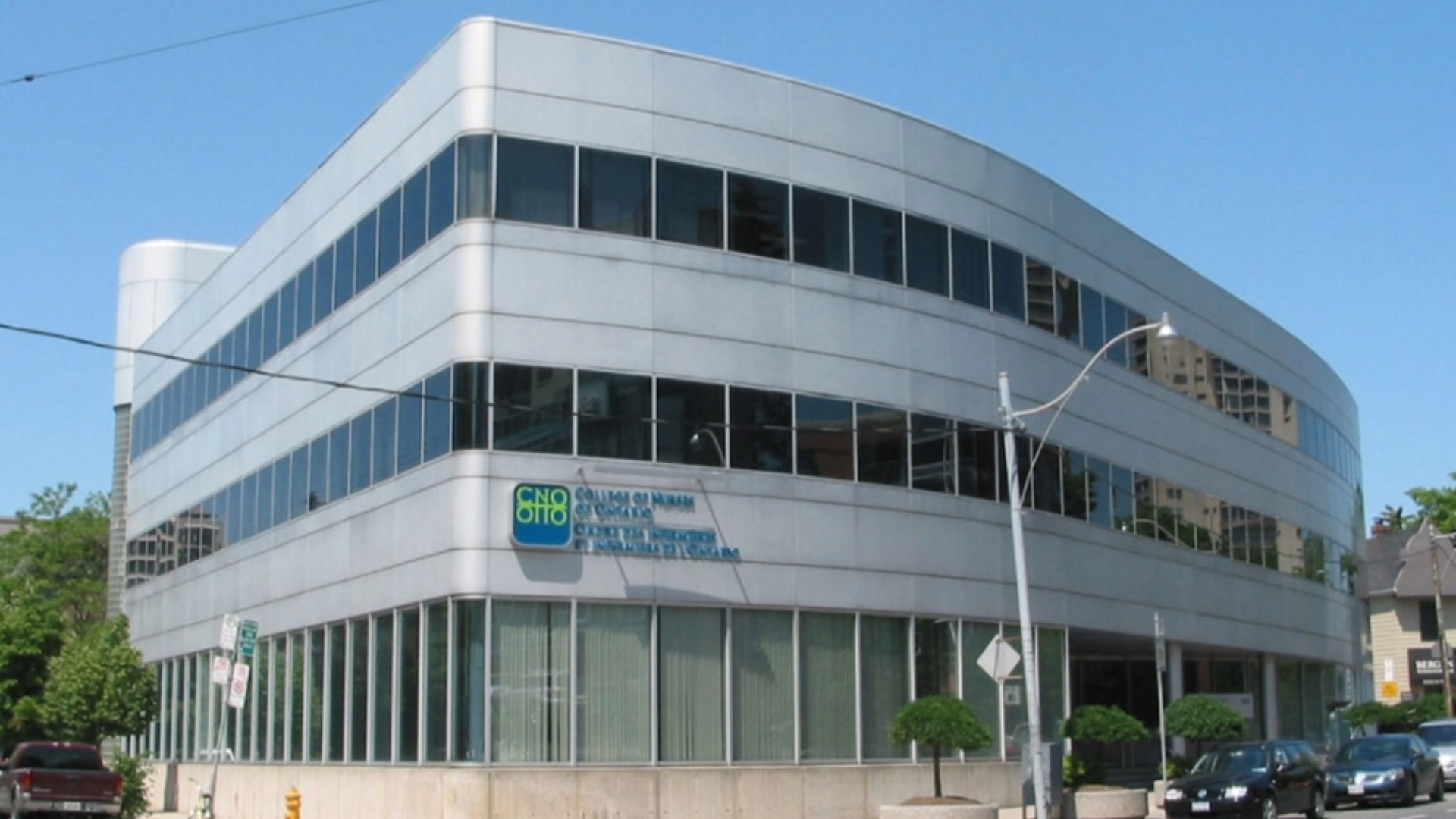
Nurse Alters Morphine Record, Patient Dies: CNO Orders Permanent Resignation
A Profound Breach of Trust in End-of-Life Care In CNO v. Lindsey Coyle, the Discipline Committee of the College of Nurses of Ontario addressed one

In February 2014 Dr. Glasine Lawson, a gynecologist and obstetrician, performed a laparoscopically-assisted vaginal hysterectomy and right oophorectomy on the Plaintiff, Christine Knight at Stevenson Memorial Hospital in Alliston, during which she removed Ms. Knight’s uterus and right ovary.
According to the operative note, the operation seemed to go well, and Ms. Knight was discharged from the hospital the next day. Unknown at the time, it appears that during the surgery Dr. Lawson accidentally damaged Ms. Knight’s right ureter, which is one of two tubes that drains urine from her kidneys to her bladder.
Ms. Knight began feeling unwell a few days after the surgery, and on the fifth day she returned to the hospital.
The next day Ms. Knight was transferred back to Dr. Lawson’s care at Stevenson Memorial. Dr. Lawson decided that the cause of the problem with Ms. Knight’s right ureter and kidney and was either an abscess compressing her ureter and causing a blockage, or that she had a kidney infection. She put Ms. Knight on antibiotics with a view to addressing both of these potential issues. However, Dr. Lawson did not consider the alternative possibility that Ms. Knight’s ureter might have been injured during the surgery, and did not seek advice about this from a urologist.
After five days in hospital on antibiotics Ms. Knight was feeling better and she was discharged. Eight days later she returned to the hospital, again feeling unwell. Tests showed that she now had a large collection of fluid in her abdomen, and at some point urine began leaking uncontrollably out of her vagina. A new CT scan revealed that Ms. Knight’s right ureter was now leaking, and that urine was collecting in her abdomen and draining out of her vagina through sutures from the operation, a condition known as a ureterovaginal fistula.
The new CT scan clearly showed that Ms. Knight had a ureteric injury. Ms. Knight was transferred to a different hospital and put under the care of a urologist.
The trial judge considered all the evidence and determined that Dr. Lawson did not fall below the standard of care with respect to surgery. The trial accepted the physician’s evidence that she would have checked the ureters for injury during the procedure even though it was not documented in her operative report. Even if the ureters had not been inspected, the trial judge found that they would not have shown an injury at the time.
The trial judge did find, however, that Dr. Lawson fell below the standard of care by not considering the possibility of a ureteric injury when Ms. Knight returned to her five days after the surgery. Had Dr. Lawson considered the possibility of a ureteric injury, she would have consulted with a urologist who likely would have attempted to repair the injury with ureteric stenting.
However, the trial judge went on to decide that because the uretic injury was likely ischemic in nature caused by cautery, earlier treatment would not have made any difference for the Plaintiff: Earlier stenting would not likely have led to Ms. Knight avoiding the need for further surgery, nor would it have accelerated the timeline when she could have had the surgery.
Decision Date: January 27, 2023
Jurisdiction: Ontario Superior Court of Justice
Citation: Knight v. Lawson, 2023 ONSC 570 (CanLII)

A Profound Breach of Trust in End-of-Life Care In CNO v. Lindsey Coyle, the Discipline Committee of the College of Nurses of Ontario addressed one

What College of Physicians and Surgeons of Ontario v. Thirlwell, 2026 ONPSDT 5 Means for Patients and Public Trust In College of Physicians and Surgeons